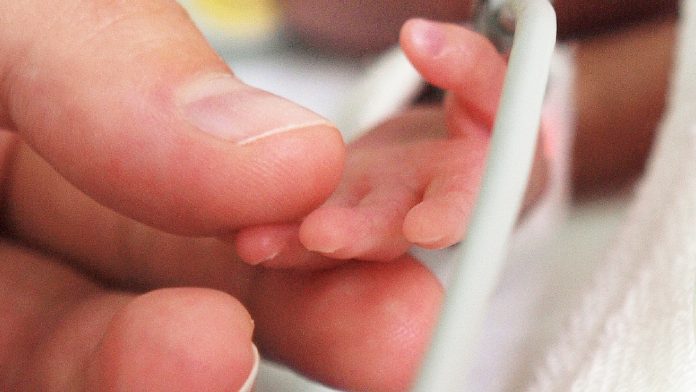
The World Health Organization (WHO) have outlined new recommendations to help improve the health of preterm babies.
Preterm birth is the leading cause of death in infants less than 28 days old, with over one million preterm babies dying yearly. Those who do survive have an increased risk of a range of disabilities throughout their lives, and new statistics have illuminated that preterm birth rates are increasing in most countries with reliable birth data.
This growing number of preterm babies has led to WHO issuing two interventions to improve health outcomes. The recommendations outline how to use antenatal corticosteroids and tocolytic drugs to improve preterm babies’ health.
Antenatal corticosteroids for preterm babies
This recommendation resolves previous confusion about the use of antenatal corticosteroids in low-resource settings. Clinical trials in high-resource settings have found that these steroids were both safe and provide benefits to the newborn.
The Antenatal Corticosteroids Trial in low-income countries found a significant increase in the number of perinatal deaths (five excess deaths per 1000 women exposed to the treatment) and maternal infections. However, an additional trial – WHO ACTION-1 – which involved preterm babies and mothers in lower-income countries found that under the right conditions, antenatal corticosteroids were safe and effective.
The use of tocolytic drugs
WHO also recommended the use of tocolytic treatments. These drugs inhibit contractions of the uterus and can delay preterm labour by prolonging pregnancy. This is beneficial as it gives the baby more time for fetal development and administering antenatal corticosteroids. It also creates a window of time for the window to be transferred to a higher level of care, if required.
“These recommendations provide clear guidance to health professionals on the management of preterm birth and have the potential to improve the health of newborn babies, even in low-resource settings,” commented Dr Doris Chou, Medical Officer, Department of Sexual and Reproductive Health and Research.
In 2015, the WHO did not recommend the use of tocolytic treatments (acute and maintenance treatments) for women at risk of preterm babies as there was a lack of evidence for its benefits. Following a review of evidence in 2022, the WHO are in favour of nifedipine for acute and maintenance tocolytic therapy for women with a high likelihood of preterm birth when certain conditions are met.
The process of formulating the recommendations included considerations for clinical evidence in terms of cost-effectiveness, feasibility, resources, equity, and whether the intervention was valued by and acceptable to stakeholders including, clinicians, women and their families.










